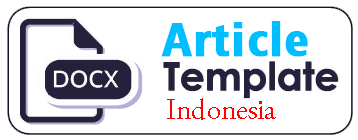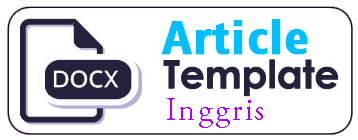The Effectiveness of public ethics online learning in basic training for civil servant candidates at BSSN training center
DOI:
https://doi.org/10.54849/monas.v2i2.51Keywords:
effectiveness, online learning, public ethics, basic trainingAbstract
This study aims to determine the effectiveness of Public ethics online learning in Basic Training for Civil Servants Candidates Group III Batch 8 at BSSN Training Center. This study was a case study research. The data was collected using interviews, observation, assignment sheets, and questionnaires. The learning effectiveness indicator was all participants get a minimum post-test score of 80, and at least 80% of the total participants have a high or very high perception of the learning effectiveness. The research sample was all participants of Basic Training for Civil Servants Group III Batch 8 with a total number of 40 people. The data analysis used is descriptive analysis techniques. The result shows that the pre-test means score is 77.80, and the post-test mean score is 88.38, indicating an increase of 13.6%. Based on the questionnaire result, it is found that the online learning method of Public Ethics in Basic Training for Civil Servants Candidates Group III Batch 8 is effective in achieving the learning objective. The strength of online learning is that it facilitates participants to be more active in understanding the material, more flexible because it can be performed anywhere, while the weakness is that participants do not experience direct learning in class, thus the delivery of the values is less optimal. Online learning of Basic Training for Civil Servants Candidates with all its strengths and weaknesses is considered useful in achieving learning objectives. Therefore it can be continued in both new normal and normal conditions.
Downloads
Published
Issue
Section
License
Authors who publish in this journal agree to the following terms:
- Authors retain copyright and grant the journal right of first publication with the work simultaneously licensed under a Creative Commons Attribution-NonCommercial-ShareAlike 4.0 International License that allows others to share the work with an acknowledgement of the work's authorship and initial publication in this journal.
- The journal allows the authors to hold the copyright without restrictions and to retain publishing rights without restrictions.
- Authors can enter into separate, additional contractual arrangements for the non-exclusive distribution of the journal's published version of the work (e.g., post it to an institutional repository or publish it in a book), with an acknowledgement of its initial publication in this journal.








